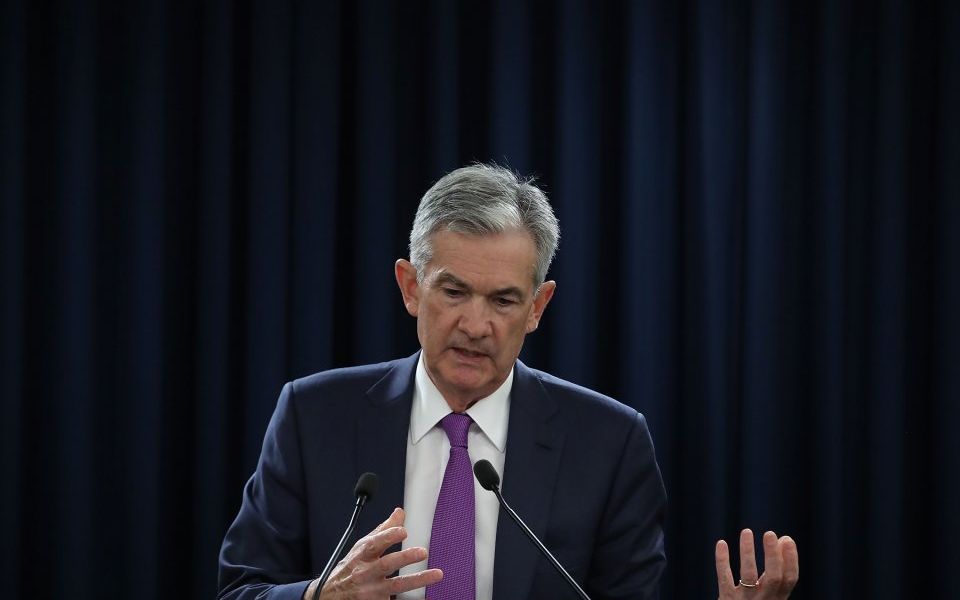Fed hikes interest rates, signalling an end to ‘accommodative’ monetary policy

The US Federal Reserve raised interest rates again tonight, in an expected move which reaffirmed steady economic growth and rising employment.
Policymakers have now lifted the benchmark to a range of two to 2.25 per cent, an increase of a quarter of a percentage point from its last rate hike in early August.
In a sign that the US is nearing its neutral peak within the next three to four quarters, the committee removed its somewhat trademark reference to “accommodative” monetary policy. The phrase had been a staple in Fed guidance for the better part of a decade, reducing in relevance as the committee began its current trend of gradually hiking rates from near-zero in late 2015.
Another rise in rates is forecast in December, as well as three more in 2019 and one in 2020.
Read more: Dollar falls as Fed chair defends interest rate hikes after Trump criticism
The committee anticipates economic growth in the region of three per cent this year, with moderate expansion to continue until 2021 amid an environment of low unemployment and stable inflation.
James McCann, senior global economist at Aberdeen Standard Investments, said while chairman Jerome Powell gave little away than what was included in the data, “the removal of the signal that policy is still accommodative will raise some eyebrows”.
However Powell later indicated the removal of the wording did not point to any significant change in policy outlook going forward.
Meanwhile Wall Street extended its gains yesterday, while the dollar dipped but then recovered as the Fed left its outlook largely unchanged. The Dow Jones gained 0.16 per cent, while the S&P 500 rose 0.27 per cent and the Nasdaq added 0.5 per cent. The dollar index rose 0.18 per cent, with the euro down 0.22 per cent to $1.1745.